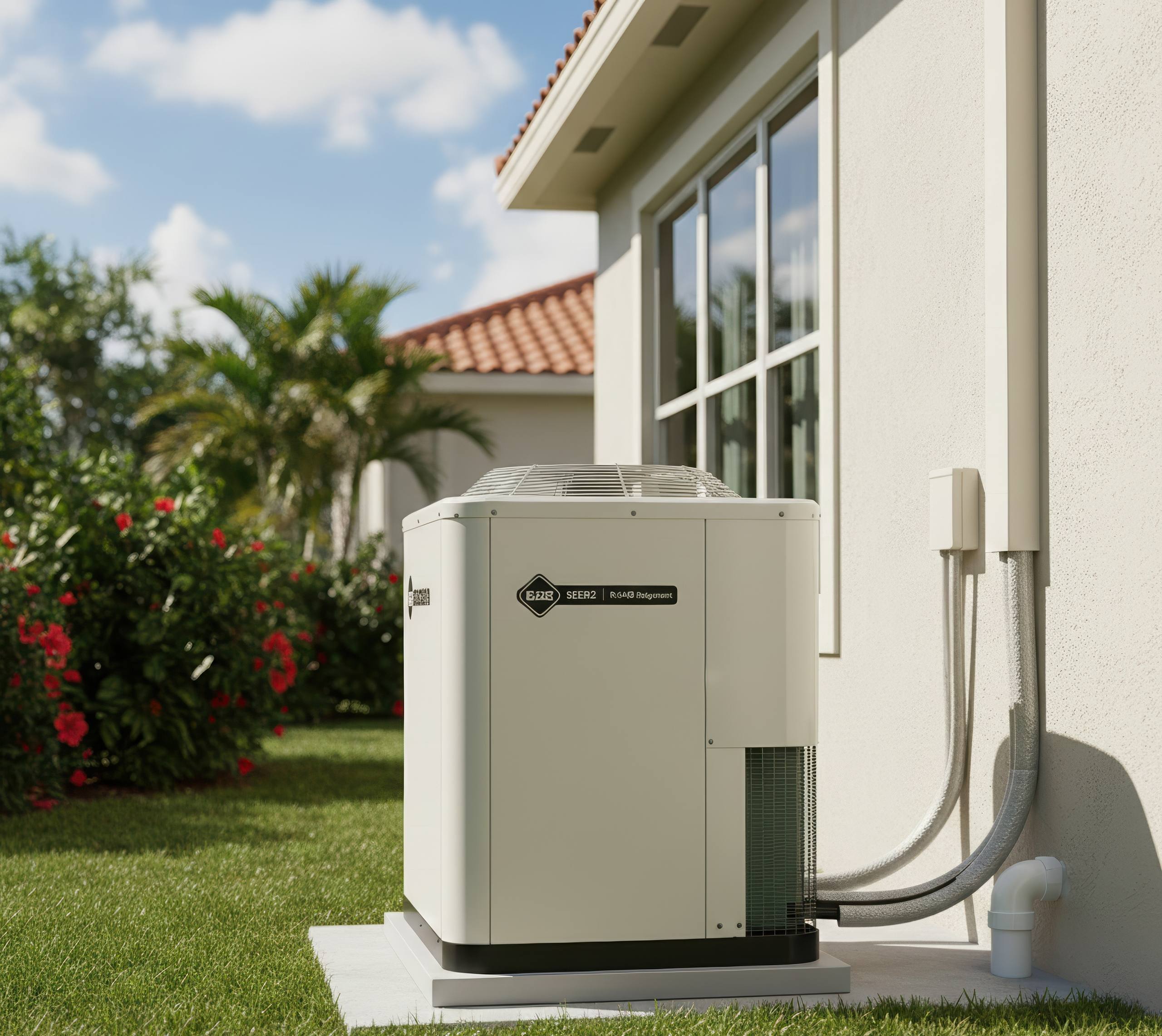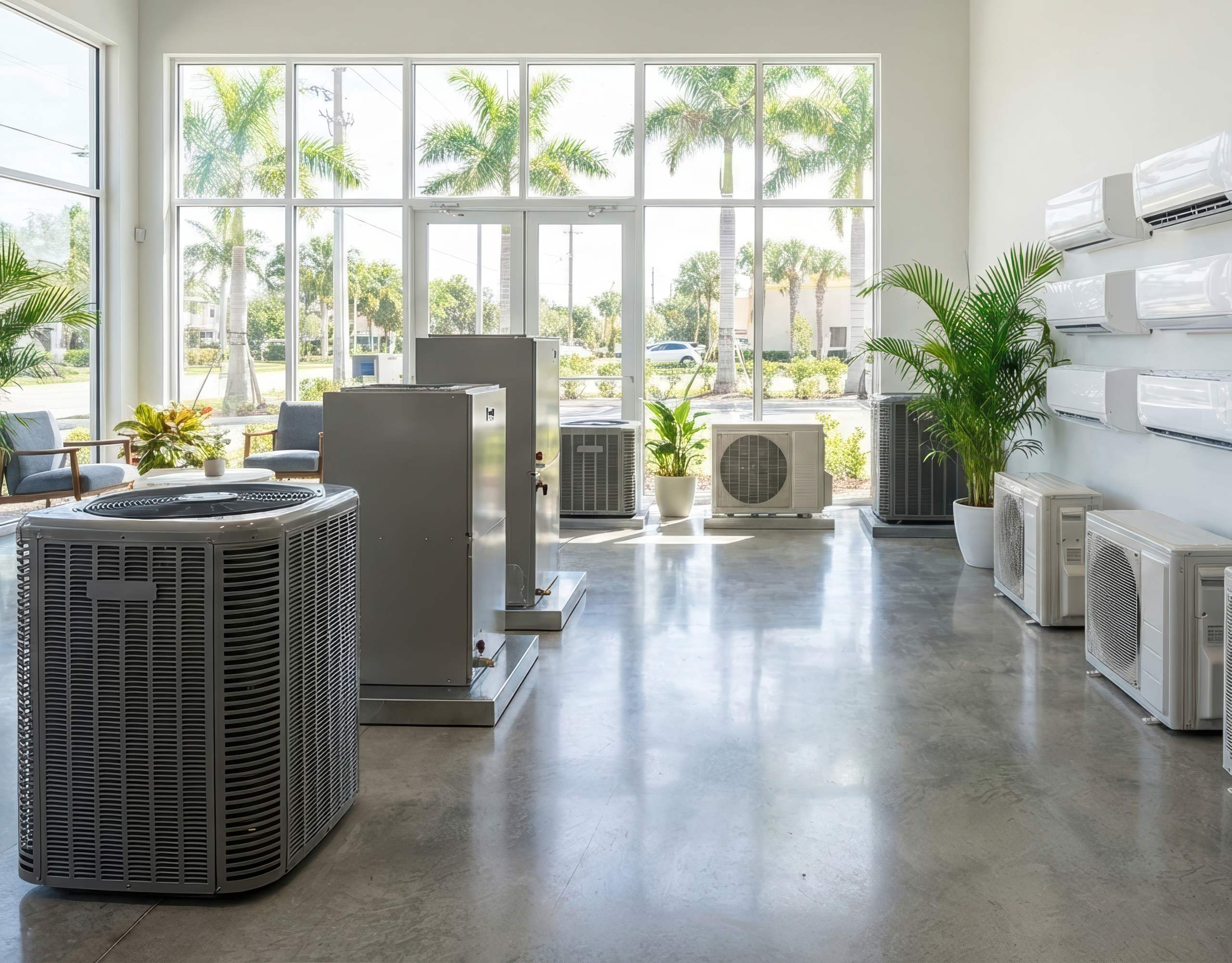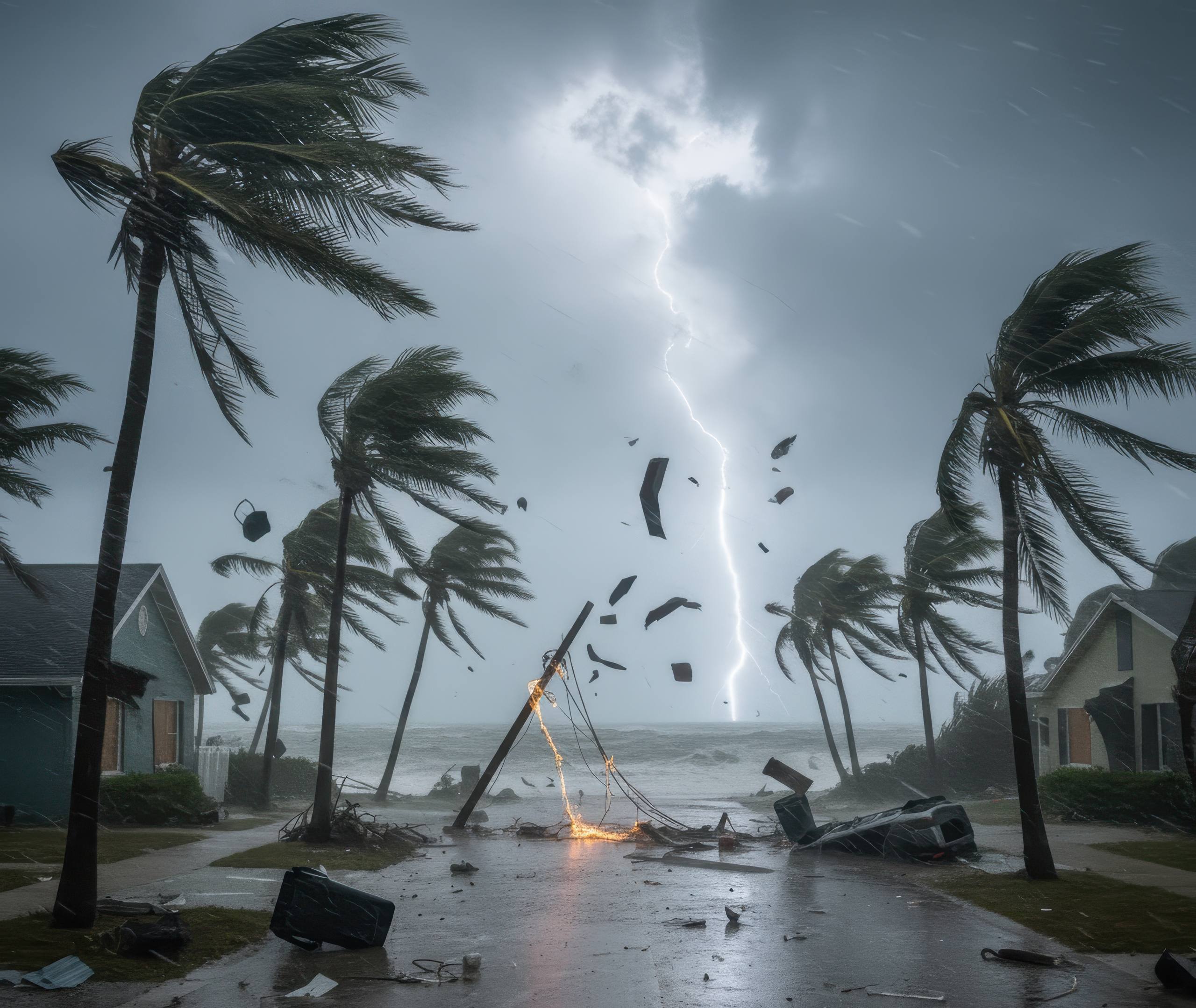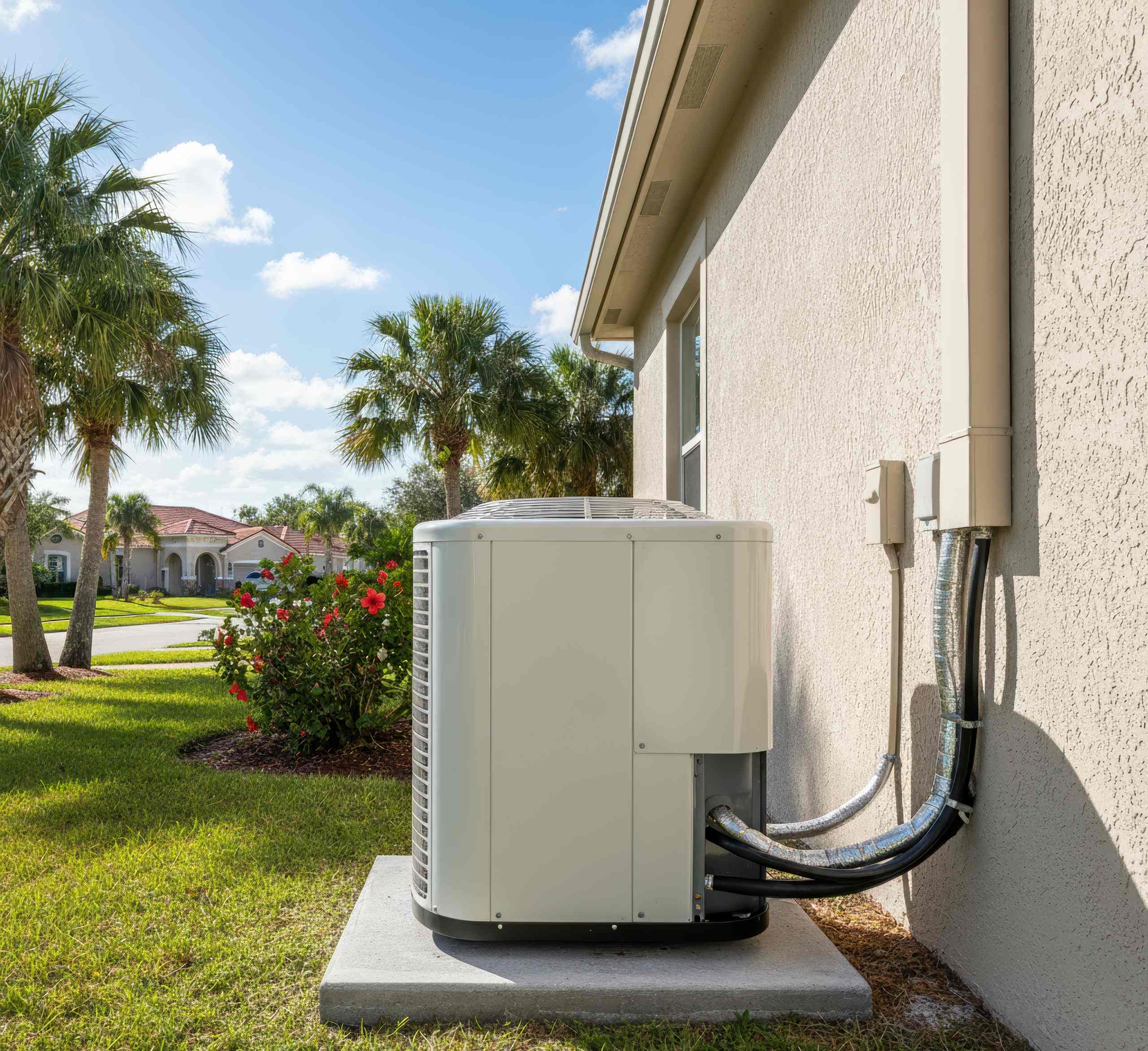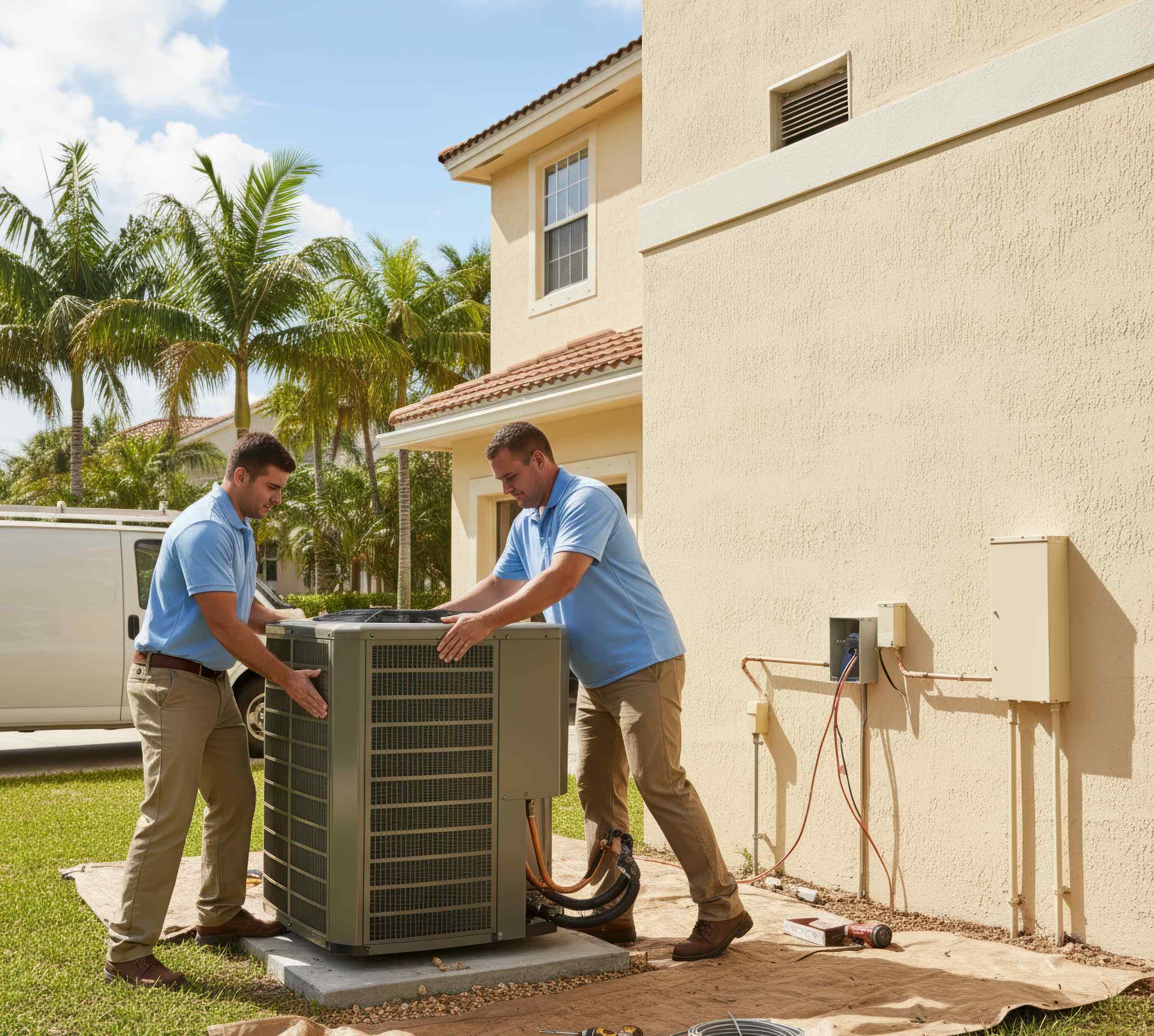Is warm air blowing from your vents when you turn your AC on?
This could be due to many issues but one of the most serious is if the outside unit of your AC (the condenser) isn’t turning on.
This essential component works alongside the indoor unit to cool the air in your home. It is largely responsible for dispersing the heat that’s removed from the air inside the home by the inside unit.
Both units must be running efficiently to produce cool air. So, even if the inside unit turns on, the AC won’t work unless the outdoor condenser unit also clicks into action.
Let’s look at the main reasons why the condenser unit may be failing and then do a deeper dive into these reasons—and how to fix the various issues.
Main reasons why your outside AC is not running
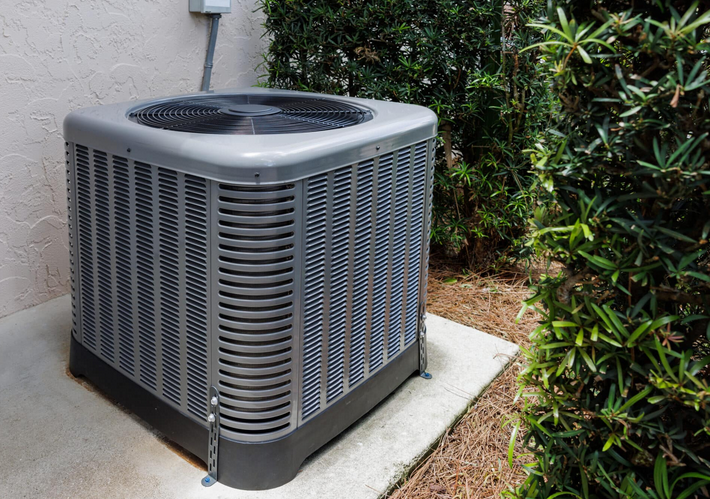
If your outside AC unit is not turning on, one of the most common (and simplest) reasons is an electrical issue like a tripped circuit breaker cutting the power to the unit. Other potential reasons with simple fixes include the thermostat being set incorrectly and the unit being low on refrigerant.
If the inside unit is running but the outside unit won’t turn on, something could be blocking the airflow with the condenser unit fan or another mechanical component in the unit could be damaged.
STAY COOL ALL YEAR ROUND WITH ONE WAY AIR…
The team at One Way Air installs, services, and repairs all types of air conditioning systems in Southwest Florida. Get in touch with us here for a quote or call 239-233-4356 in emergencies.
What does the outside AC unit do?
In most central air conditioning systems in homes in Florida, an inside evaporator unit works alongside an outside condenser unit housing the compressor.
The two units work together to cool homes and if both do not operate in tandem, the system won’t cool the air inside your home.
The inside unit captures heat and moisture from the hot, humid air indoors and cools it through evaporation while the outside unit releases the heat to the outside environment through a condensation process involving a gaseous refrigerant called freon.
This heat exchange process is essential to a smooth-running cooling system and if anything interrupts this process, problems can arise.
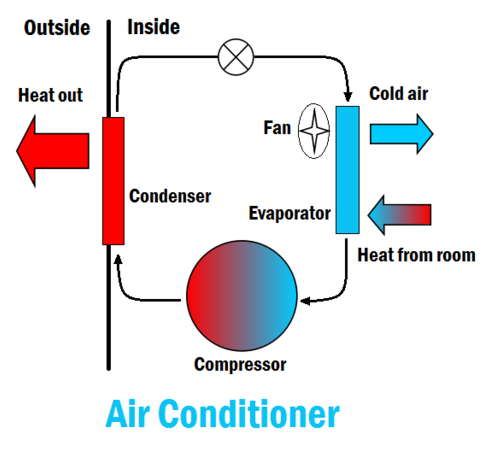
9 reasons why your outside AC is not running—and how to fix it
Let’s delve deeper into the possible reasons why your AC unit is not turning on.
A power switch has been tampered with
Let’s start with the simplest reason for a condenser unit not turning on.
In most Florida homes, the outdoor AC unit has a different power source than the indoor AC unit. If someone has tampered with the outdoor switch (which usually looks like an ordinary light switch) or accidentally nudged it to an OFF position, it will need resetting to ON.
Outside AC units may also have an emergency power switch that shuts off the system. Again, it’s worth checking that this hasn’t been accidentally switched off by someone if the outside unit is not turning on.
Some outside systems also have a reset switch, which may fix the not-starting issue.
RECOMMENDED FIX: Next to the unit, there should be a place that houses an emergency or shut-off switch. If it’s been turned off, switch it back on and check that everything is plugged in and working. Another power switch may be located in the crawl space—check that too.
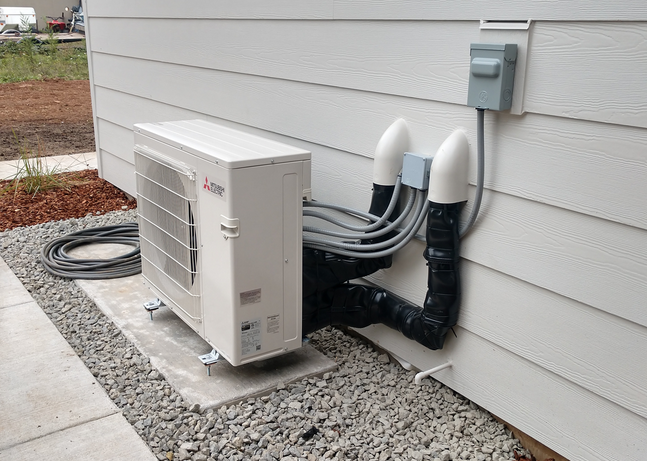
A tripped circuit breaker or blown fuse
Another generally simple fix is a tripped circuit breaker. This can happen for many reasons but the main consequence is that there is no power to run your AC.
Sometimes, the circuit overloads and this can blow a fuse (in older homes, there will be a fuse box) or the circuit breaker switch may simply need resetting to the ON position in the home’s electricity panel.
If the wiring is faulty or damaged and the breaker immediately shuts off again, a professional will need to check and fix this problem to prevent further overloads and power problems. It’s best not to run the AC until this is done.
RECOMMENDED FIX: If the power problem is more than a blown fuse that needs changing or a circuit breaker that needs resetting, call a professional HVAC technician or electrician to investigate and handle the job.
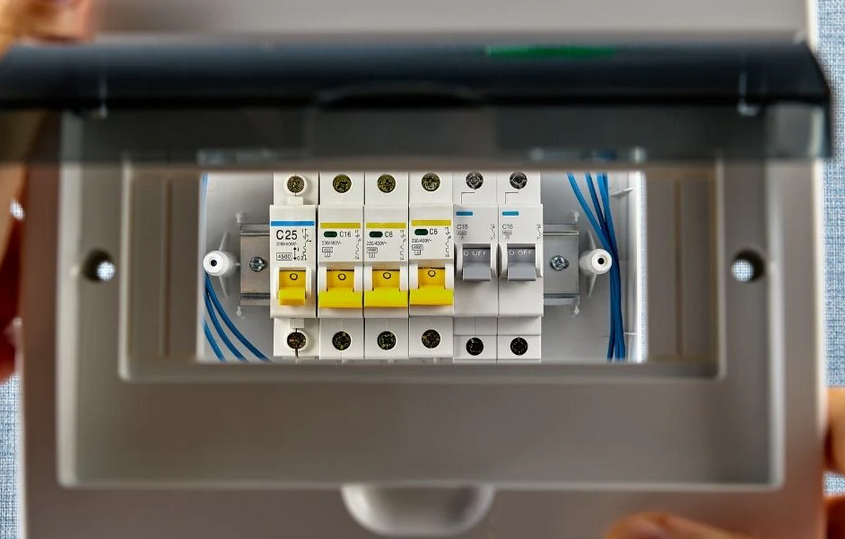
An incorrectly calibrated or faulty thermostat
Another relatively simple reason why the outside AC unit is not turning on is the thermostat. This communicates between the indoor and outdoor units. If anything interrupts this communication or the thermostat is set incorrectly, the AC might not turn on.
In shared households, people have different comfort levels and, often, one member of the family adjusts the settings. If the AC doesn’t turn on when you expect it to, make sure that the thermostat is on, has battery power, and that the settings have not been changed.
RECOMMENDED FIX: Change the batteries, reset the thermostat, make sure that the AC is set to “cool” rather than “fan only” and see if that fixes the problem. If the thermostat is not functioning properly, call an AC professional to check the wiring or upgrade the thermostat.
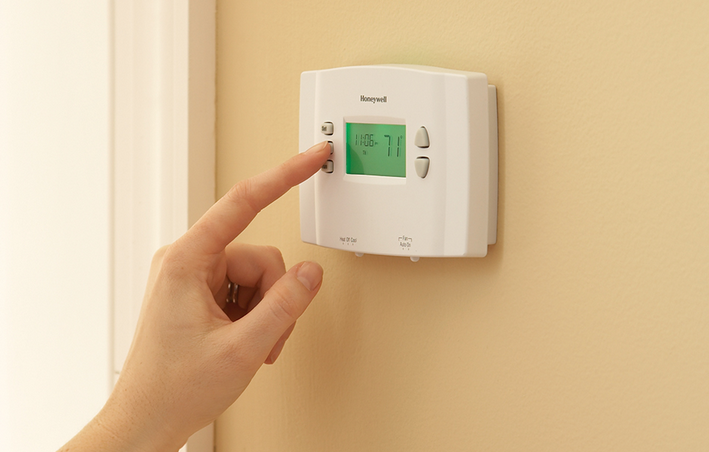
Low refrigerant levels
Freon is a refrigerant used in air conditioning systems. It needs to flow through the system in sufficient amounts for adequate cooling and, unless there is a leak, the correct level is normally maintained.
A leak can cause refrigerant to drain away and create many problems for the cooling system, including a lack of cooling (warm air coming from the vents) and ice buildup on the outside unit, which can prevent it from starting.
RECOMMENDED FIX: Only licensed professionals are permitted to purchase and handle refrigerants, so if your system is low on refrigerant, you need to call an AC professional to recharge the unit and fix the cause of the leak.
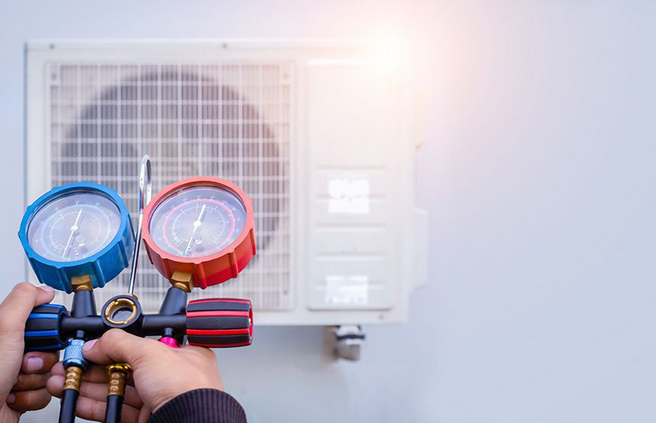
A blocked condensate line
A severely blocked condensate line might also prevent the outdoor AC unit from starting. The condensate line channels the water removed from the air by the indoor unit to the outside of the home.
If this drain line becomes clogged with dirt, debris or algae, and water cannot adequately drain from the system, a safety switch may activate and turn the air conditioner off. Be especially aware of this potential problem during very humid weather.
RECOMMENDED FIX: You may be able to clean a condensate line yourself using a wet/dry vacuum (make sure the system is OFF first). Otherwise, an HVAC professional can fix the issue during a standard AC tune-up.
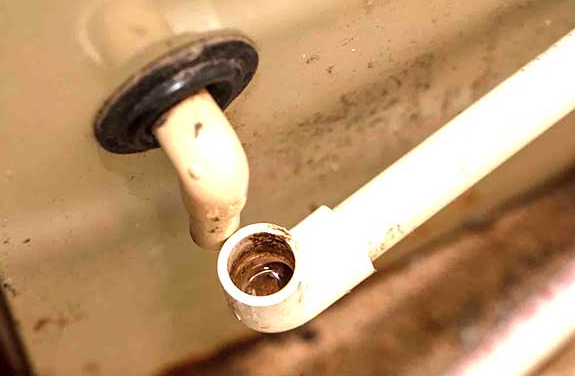
Clogged coils
Condenser coils on the outside AC unit can easily become dirty and clogged, depending on the environment around the home.
If the coils are dirty, the heat transfer process can become less efficient. The unit needs to work harder to keep your home cool and other problems can result, including not starting up.
RECOMMENDED FIX: You’ll need to call a professional AC maintenance contractor to clean the coils and restore your unit to optimal efficiency.
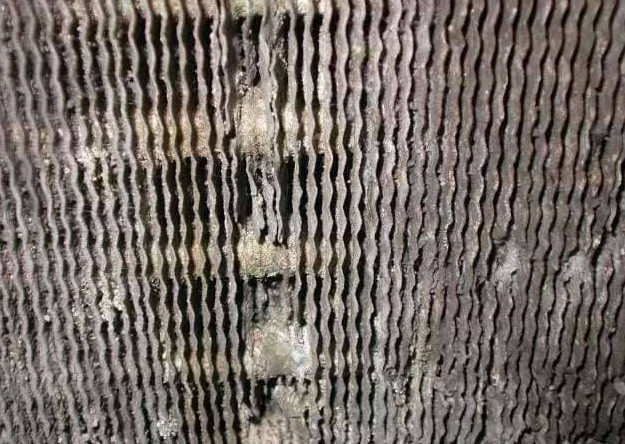
Blocked airflow
Blocked airflow is probably the most common cause of AC problems because the entire heat transfer process relies on the steady flow of air into, around, and out of the system.
The most common reason for blocked AC airflow is a dirty filter, which will occur if you don’t change or clean the filter often enough. This can cause the system to work harder and, in the most serious cases, shut down.
RECOMMENDED FIX: Change or clean the air filter (depending on whether your system supports disposable or reusable filters) at least every few months—more often if you have pets, a dusty environment or the weather is extremely hot and humid.
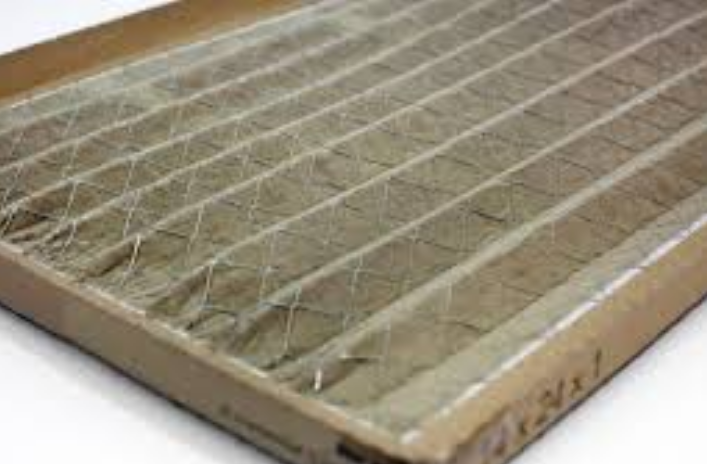
Fan motor failure
The fan in the condenser unit is linked to a motor which allows it to rotate. So, a malfunctioning fan motor due to worn bearings or another issue due to lack of AC maintenance can also cause the fan not to work and the outside AC unit not to run.
The fan motor needs to operate properly for your outside AC unit to work properly, so this issue needs prompt attention.
RECOMMENDED FIX: You’ll need a professional HVAC repair service to fix the fan motor if that is preventing the outdoor unit from working.
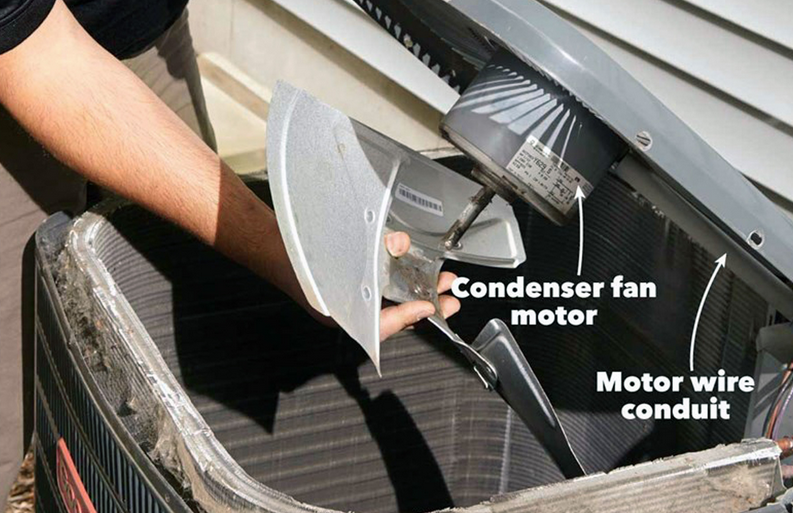
A faulty capacitor
Capacitors play an important role in an AC system, holding the electric power that the outside AC unit needs to turn on and run effectively.
If you notice a buzzing or humming noise coming from the outside AC unit, the capacitor may have failed and the AC condenser fan is trying to spin without power from the capacitor.
Capacitors can age and wear over time, especially when the cooling system is working hard—in which case, they may need replacing from time to time.
RECOMMENDED FIX: An AC repair technician can replace a failed capacitor relatively easily. This is not a job for a home or DIY enthusiast.
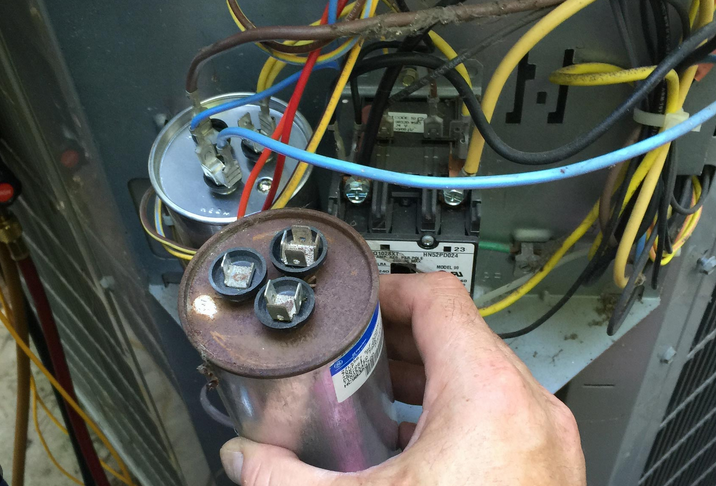
How to prevent problems with the outside AC unit
Because the cost of AC in Florida is a major household expense, looking after your investment is essential. The best way to prevent any problems with your air conditioning system—indoor or outdoor unit—is regular AC maintenance and cleaning.
A regular AC tune-up will flag any issues early. It should normally include the following types of maintenance tasks:
- Cleaning/changing air filters
- Cleaning the condenser and evaporator coils
- Condenser inspection
- Refrigerant level check
- Electrical component inspection
- Fan balance check
- Cleaning the drain pan
- Lubrication of all moving parts
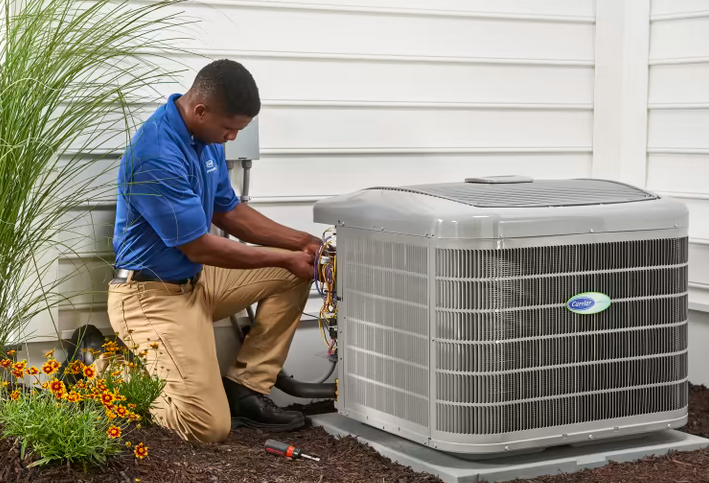
If your outdoor unit does develop a problem and won’t start, be sure to consult with an HVAC professional. Your family’s comfort and health could be compromised.
Beyond changing an air filter, checking the thermostat or resetting a tripped breaker, let the professionals handle any major AC troubleshooting and repairs. There are safety as well as technical issues at play with many AC problems—especially when electrical, refrigerant or mechanical issues arise.
AC tune-ups and repairs in SWFL
If you’re in SWFL and have any issues with your cooling system, contact One Way Air to arrange a full inspection and fix.

